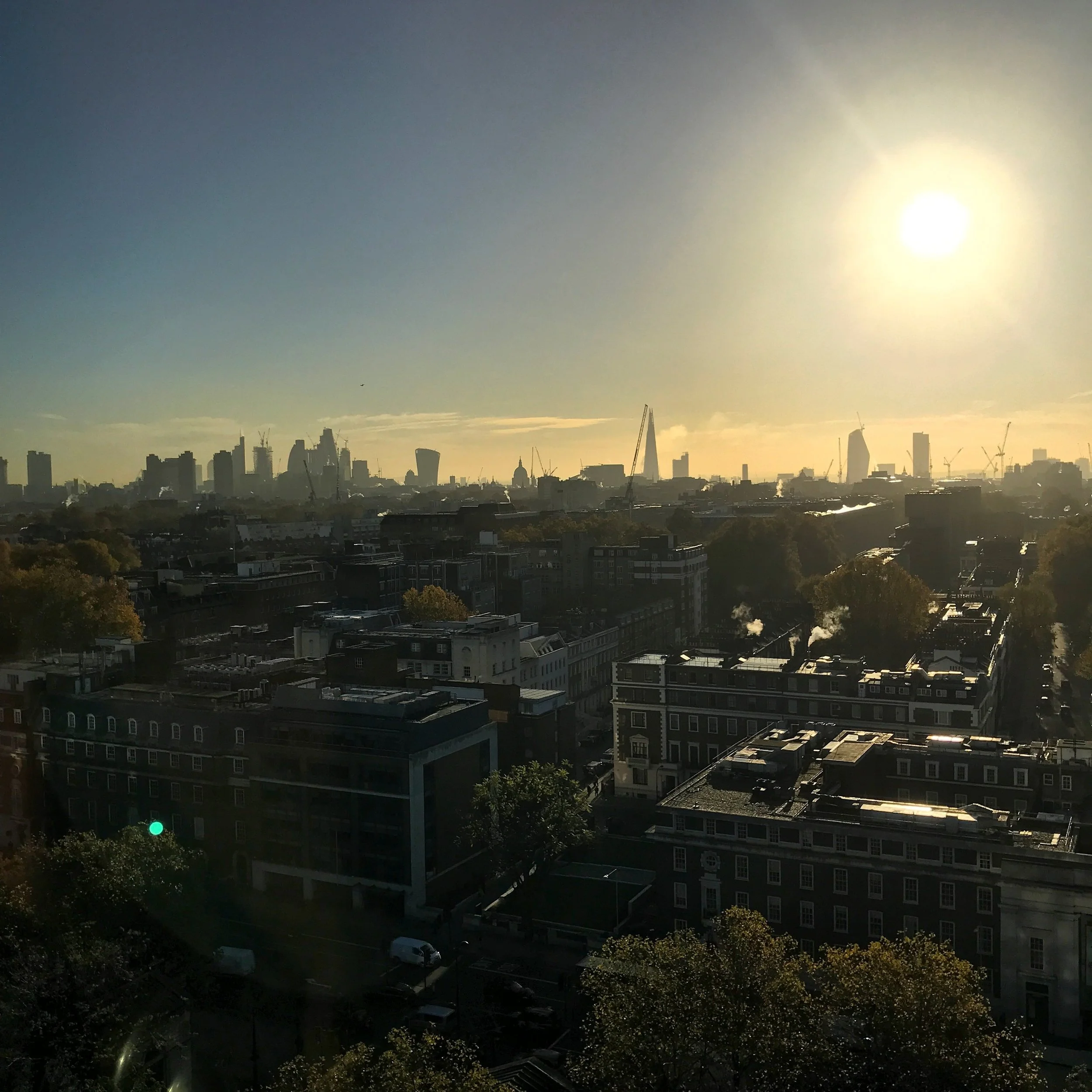If you’re already connected with me on Instagram or Facebook you will have noticed I’m hardly ever on there anymore. You will likely see less of me on WhatsApp in future.
I’m not deleting my accounts (although I have removed most of the apps and use a browser to access when needed). As far as possible I will minimise my use of Meta services so there may be delays with me responding to your messages.
If you want to get hold of me you can use signal, email, sms or just give me a call.
Signal VS WhatsApp
I’m not comfortable with the new Meta AI features being added to WhatsApp. They’ve introduced AI tools that interact with your messages, and there’s no way to opt out of it. I value my privacy, and I’d rather use something that keeps things more secure and personal.
Signal is a free, private messaging app that doesn’t track you or use your data – it’s fully encrypted and doesn’t have any ads or AI features. It’s run by a not for profit - it’s free because it’s run by volunteers and funded by donations. Facebook is free because they’re selling adverts, which makes you the product (not the customer).
You can find me on signal using my usual phone number. Here’s the link if you want to download it:
Reducing social media usage
Social media is generally known to be bad for our mental health, and so I’m going to keep prioritising direct human interactions.
By design, social media companies want to maximise your engagement and screen time on their apps. This is one of the main KPIs that they use to determine success. Because More time on their app is more time to show you adverts (or get more of your data to inform future adverts).
The things that hold our attention, tend to be things which are more extreme. So the algorithms trend towards more interesting and extreme content.
It’s very similar to how we crave fat and sugar because we evolved in an environment where those were scarce food types. Now it’s abundant it’s very easy for our diet to fall out of balance.
Salad is nice but chocolate taste better.
Reading a sensible moderate opinion is fine but getting into an argument with a nutter is more exciting.
This environment often leads to unrealistic representations of reality which can in turn lead to comparisons, where people measure their own lives against the carefully curated highlights of others.
Over time, this can fuel anxiety, low self-esteem, and a sense of inadequacy, especially when people feel they need to perform or present a certain image to fit in.
Studies have shown that use of social media is linked to increased feelings of loneliness, depression, and even disrupted sleep, as the constant connectivity can make it hard to truly switch off and relax.
In contrast, direct, personal communication fosters more genuine, meaningful connections. Speaking with people you know personally allows for real empathy, deeper understanding, and a space where you can be yourself without the pressure of public judgement or algorithms pushing for your attention.
It’s in these more private, ephemeral, authentic interactions that we tend to feel truly supported and connected, which is vital for good mental health.
Anyway- I’m not giving up all social media (just like I’m not giving up all chocolate). But I am trying to be more intentional with my usage. (I actually quite like a nice salad.)
Reasons to opt out from Meta products specifically
Put simply, Meta is quite a problematic company. Here’s a bunch of reasons why I’m trying to opt out of meta in particular…
Cambridge Analytica Scandal (2018): Data from up to 87 million Facebook users was harvested without proper consent and used for political profiling, including during the 2016 US election and Brexit campaign. I’m not really up for providing this sort of data or funding a platform that is selling and facilitating unregulated and unconstrained propaganda . BBC - Cambridge Analytica Explained
Facebook Tracking Even When Logged Out. Facebook was found to track users’ online activity even after they had logged out of the platform, through cookies and plugins. The Guardian
WhatsApp Privacy Policy Backlash (2021) WhatsApp updated its privacy policy, requiring users to share more data with Facebook/Meta, particularly for business messaging, or lose access to the app. Forbes
Internal Research on Harm (2021) Leaked documents (the “Facebook Papers”) revealed Meta knew Instagram was harming teen mental health but did little about it. They have clearly demonstrated a pattern of prioritising growth, engagement, and profits through advertising over user well-being and privacy. The Wall Street Journal - Facebook Knows Instagram Is Toxic
Facebook’s Role in the Rohingya Genocide (Myanmar): Facebook was used as a platform to spread hate speech, incite violence, and organise attacks against the Rohingya Muslim minority in Myanmar. Despite warnings from human rights groups, Facebook failed to act effectively to stop the spread of harmful content. A UN report concluded that Facebook played a “determining role” in the genocide. It showed how lack of oversight on the platform contributed to real-world atrocities. The Guardian - UN: Facebook was used to incite violence against Rohingya and New York Times - Facebook Admits It Was Used to Incite Violence in Myanmar and Amnesty International - Myanmar: Facebook’s systems promoted violence against Rohingya and UN Independent International Fact-Finding Mission on Myanmar
Meta AI and Data Use Meta is integrating AI into WhatsApp and Messenger, raising concerns about how your data might be used to “train” AI or feed personalised ads, without clear transparency or full opt-out options. BBC - WhatsApp defends 'optional' AI tool that cannot be turned off
If you found this summary useful, please feel free to share it with someone else who might find it interesting.
If you’d like to know when I’ve posted you can sign up to my blog here.

